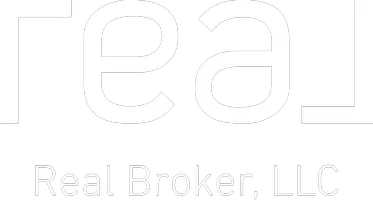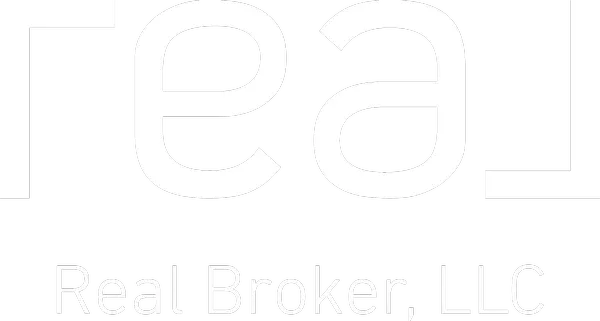Will Tariffs Really Affect Buyers and Sellers in the Real Estate Market?

Will Tariffs Really Affect Buyers and Sellers in the Real Estate Market?
Tariffs—often associated with international trade and global economics—might seem far removed from the world of real estate. But as we’ve seen in recent years, the ripple effects of tariffs can reach unexpected places, including the housing market. Whether you're a buyer, seller, builder, or investor, it's important to understand how tariffs could influence your next move.
What Are Tariffs, and Why Do They Matter?
Tariffs are taxes imposed on imported goods. When the U.S. government increases tariffs on products like lumber, steel, aluminum, appliances, or construction materials, the cost of those goods tends to rise. While these policies are intended to protect domestic industries, they can also impact the overall cost of housing—both in new construction and renovations.
How Tariffs Could Affect Buyers
1. Higher Home Prices
If tariffs increase the cost of materials used in homebuilding—like lumber, countertops, HVAC systems, or windows—builders may pass those added expenses onto buyers. This is particularly relevant in new construction communities, where material costs play a major role in pricing.
2. Slower New Construction
Higher material costs may also cause builders to delay or scale back new projects, reducing housing inventory in certain areas. With fewer homes available, especially in growing markets, prices for existing homes may rise due to limited supply.
3. Renovation Costs
Many buyers purchase homes with plans to renovate. If tariffs raise the prices of imported tile, cabinets, appliances, or fixtures, renovation budgets will stretch thinner. This could make fixer-uppers less appealing or more expensive than anticipated.
How Tariffs Could Affect Sellers
1. Shifts in Buyer Demand
As affordability challenges increase, some buyers may decide to postpone homeownership altogether. This could shrink the buyer pool, especially in mid-range and first-time homebuyer markets, making homes sit on the market longer or sell for less than expected.
2. Increased Home Maintenance Costs
Homeowners preparing to list may be impacted by higher prices for repairs, upgrades, or staging materials. This can affect a seller’s ability to prepare their home competitively without cutting too far into their bottom line.
3. Market Psychology
Even the perception of economic instability—triggered by news of tariff hikes—can create hesitation among buyers and sellers. If people fear rising costs or recessionary pressures, they may choose to “wait and see,” which slows market activity and affects pricing trends.
Will Tariffs Affect All Markets Equally?
Not necessarily. The impact of tariffs often depends on the local housing market, the type of home being sold, and whether the area is heavily reliant on new construction or imported building materials. In high-growth areas with limited inventory, the effect may be more pronounced. In well-established neighborhoods with minimal new development, the effects might be more muted.
Bottom Line
While tariffs might not directly change your mortgage rate or home value overnight, their indirect impact on construction costs, supply chains, and buyer sentiment can shape the housing market over time. If you’re planning to buy or sell in the near future, it’s wise to stay informed—and work with a real estate professional who can help you navigate the bigger picture.
Curious how current economic trends might impact your specific neighborhood or price range? Let’s chat! I’d be happy to give you a market update and guide you through your options.
📩 Contact me today for a personalized consultation.
Categories
Recent Posts


